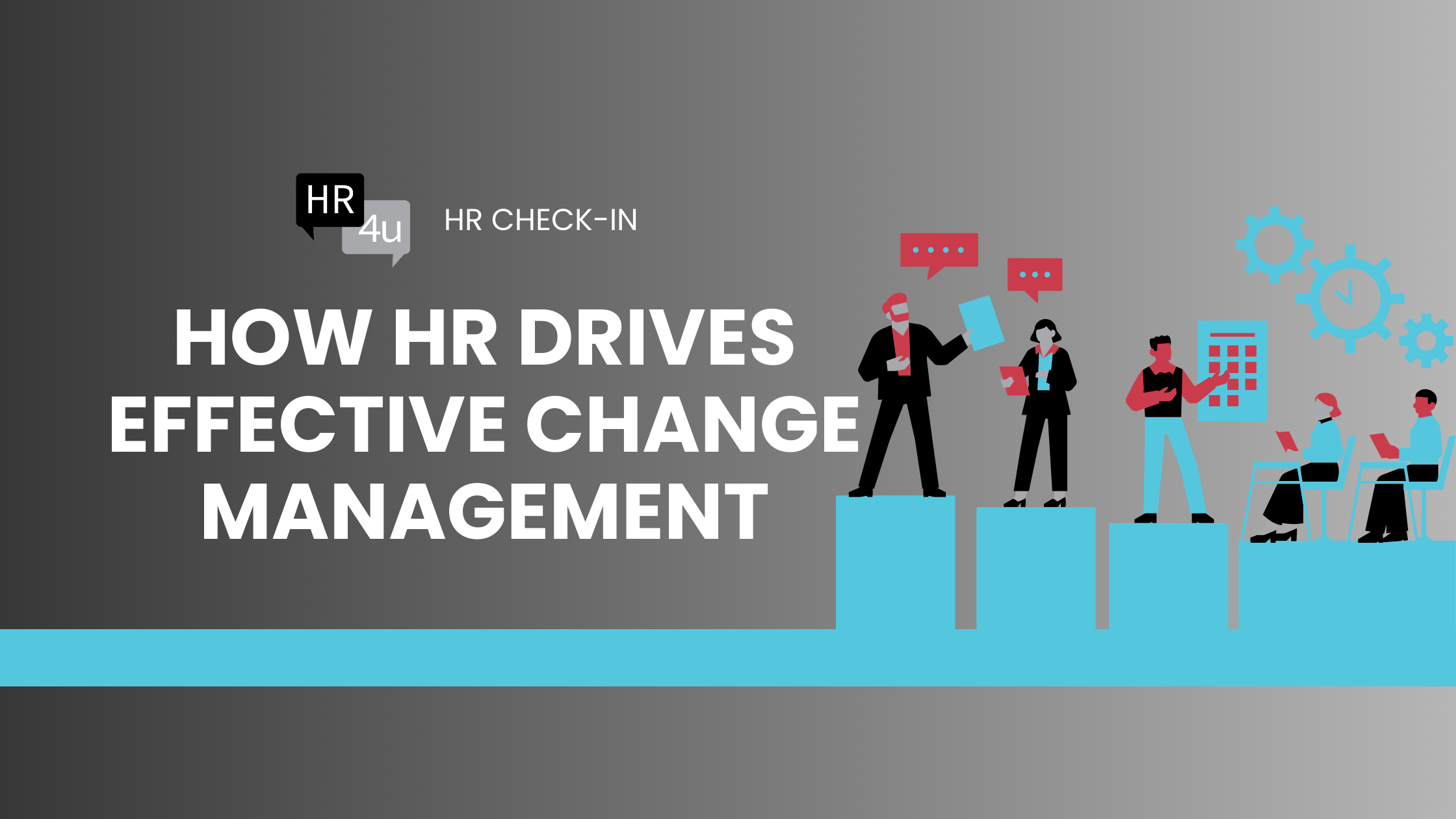Change is inevitable: Whether it’s technological advancements, market shifts, or organizational restructuring, businesses must adapt to stay competitive and relevant. However, managing change effectively is often easier said than done. This is where HR plays a pivotal role, serving as the catalyst for driving successful change management initiatives within organizations.
Understanding Change Management
Change management is more than just implementing new processes or systems; it’s about guiding employees through transitions and ensuring that organizational goals are met with minimal disruptions. At its core, change management involves planning, communicating, and executing change initiatives in a way that engages employees, mitigates resistance, and fosters a culture of adaptability.
The HR Imperative
As the stewards of an organization’s most valuable asset—its people—HR is uniquely positioned to drive change management efforts. Here’s how HR can lead the charge:
Communication is Key:
HR plays a central role in communicating the rationale behind change initiatives to employees. By crafting clear, transparent messages and facilitating open dialogue, HR fosters understanding and buy-in among staff members.
Empowering Employees:
Change can be unsettling, but HR can empower employees by providing them with the tools, resources, and training they need to navigate transitions successfully. Whether it’s technical skills training or emotional resilience workshops, investing in employee development is critical for driving change.
Cultural Alignment:
HR is instrumental in shaping organizational culture to support change efforts. By aligning values, norms, and behaviors with the desired outcomes of change initiatives, HR cultivates an environment where innovation and adaptability thrive.
Feedback and Adaptation:
HR facilitates ongoing feedback loops to gauge employee sentiment, identify roadblocks, and make necessary course corrections. By soliciting input from frontline employees and leadership alike, HR ensures that change initiatives remain responsive and agile.
Performance Management:
HR revisits performance metrics and aligns them with the objectives of change initiatives. By setting clear expectations, providing regular feedback, and recognizing employees who embody the desired changes, HR reinforces the organization’s commitment to transformation.
Building Resilience:
Change can be disruptive, but HR supports employees in navigating uncertainty and building resilience. From offering wellness programs to fostering a supportive work environment, HR plays a critical role in helping employees adapt to change with grace and confidence.
Change is inevitable, but with effective change management led by HR, organizations can navigate transitions successfully and emerge stronger than ever. By prioritizing communication, empowerment, cultural alignment, and resilience-building, HR professionals pave the way for a future-ready workforce and a thriving organizational culture. Embracing change isn’t just a necessity—it’s an opportunity for growth, innovation, and lasting success.
Get in touch with HR4U and pave the way for smoother change management!


